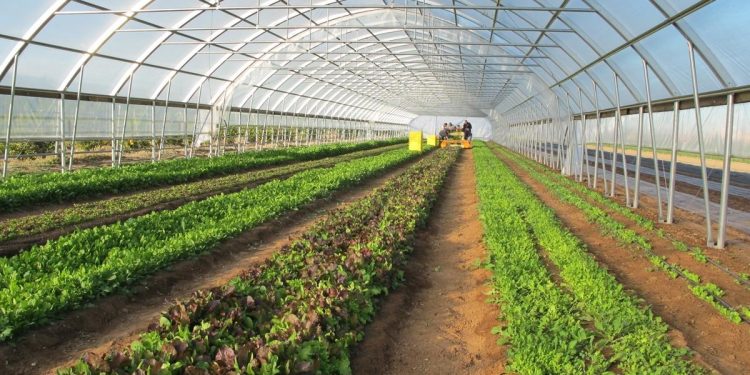#agriculture#climatechange#energyprices#sustainableagriculture#renewableenergy#precisionagriculture#cropproduction
Agriculture is an essential sector for the European economy. However, farmers are facing challenges due to climate change and fluctuating energy prices. This article will explore the impact of these factors on European agriculture and what steps farmers, agronomists, agricultural engineers, farm owners, and scientists can take to mitigate their effects.
According to recent data from Eurostat, the statistical office of the European Union, agricultural production in the EU-27 decreased by 2.8% in 2020 compared to the previous year. This decrease was mainly due to unfavorable weather conditions, including drought and heatwaves, which affected crops such as wheat, barley, and maize. The climate crisis is expected to worsen in the coming years, which will have significant implications for European agriculture.
In addition to climate change, energy prices are another major challenge for European farmers. According to the European Commission, energy prices in the EU increased by 10% in 2021 compared to the previous year. This increase is due to a variety of factors, including geopolitical tensions, higher demand due to economic recovery, and a lack of investment in renewable energy sources. Higher energy prices have a direct impact on the cost of agricultural production, including the cost of fertilizers, machinery, and transportation.
To mitigate the impact of climate change and energy prices, farmers, agronomists, agricultural engineers, farm owners, and scientists can take several steps. These include:
- Implementing sustainable agricultural practices such as crop rotation, reduced tillage, and the use of cover crops to improve soil health and water retention.
- Investing in renewable energy sources such as solar panels and wind turbines to reduce energy costs and carbon emissions.
- Adopting precision agriculture techniques such as GPS-guided tractors and drones to optimize crop yields and reduce inputs.
- Diversifying crop production to reduce the risk of crop failure due to weather events.
In conclusion, European agriculture is facing significant challenges due to climate change and energy prices. However, by implementing sustainable agricultural practices and investing in renewable energy sources, farmers and agricultural professionals can mitigate the impact of these challenges and build a more resilient agriculture sector.












